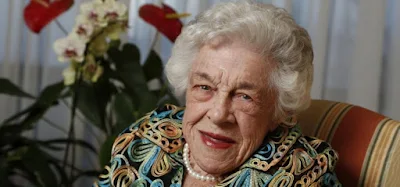When did
I become a nihilist? I was born this way.
Inner
Space is a hinterland of cosmic waste; here, everyone is either a nihilist, a
poet, or both.
My
defense is suited to one whose motto is "Believe nothing".
Poets
used to be referred to as "ground breaking" or "visionary";
now they want to be referred to as "award winning poets", the
visionaries are gone.
I am well
known in the territory of Inner Space.
About
what am I incredulous? On most days, just about everything.
A whole
new cohort of poets has arrived, they are ambitious, self-conscious, and dedicated to
self-promotion; in other words, younger versions of older poets.
The
opposition of nihilists to all forms of censorship is famous in the history of
Inner Space.
I am not the Pope's nose but I can still smell shit when it's all around me.
As we
cross the green archetypal fields of poetry we reach the borders of Inner
Space.
I have
lived the nihilist's life: anonymous, introverted, and appalled.
Mister, in Inner Space we don't have room for anybody but poets and nihilists, so you'd better high tail it outta here before you're discovered.
Mister, in Inner Space we don't have room for anybody but poets and nihilists, so you'd better high tail it outta here before you're discovered.
Most
religious and political beliefs offend my sense of nothingness.
A poet's
apprenticeship can never be replaced with sitting in a classroom workshopping
someone's poems.
Believing
anything makes people stupid.
 |
Photo taken at the Montreal Botanical Gardens, 2009 |


























